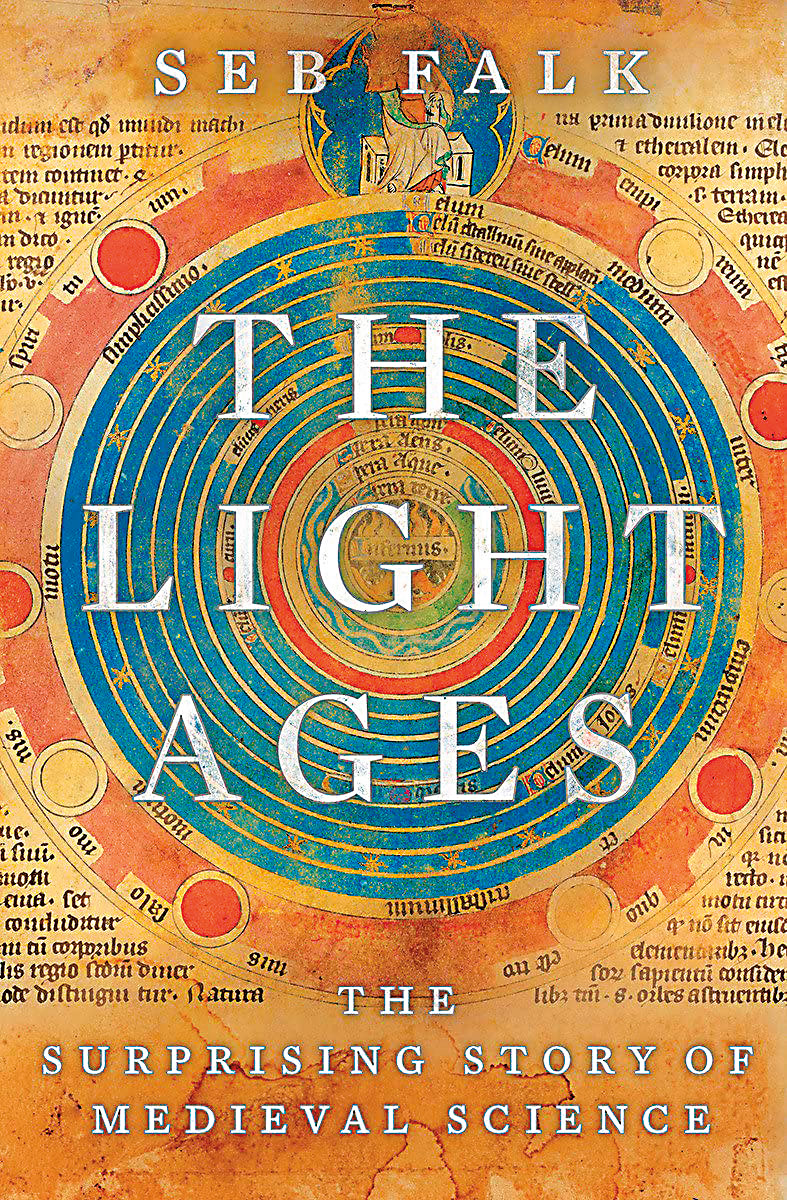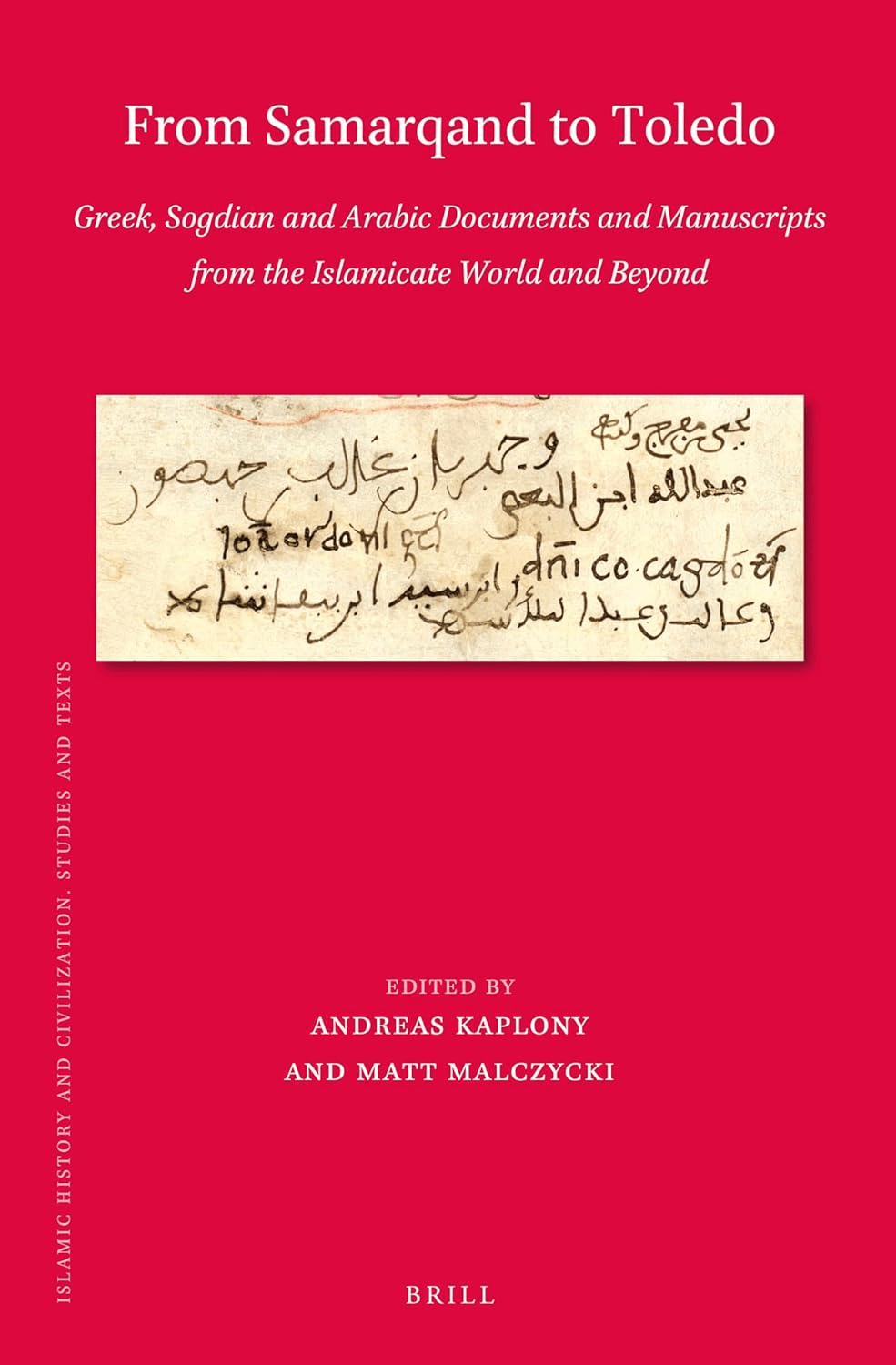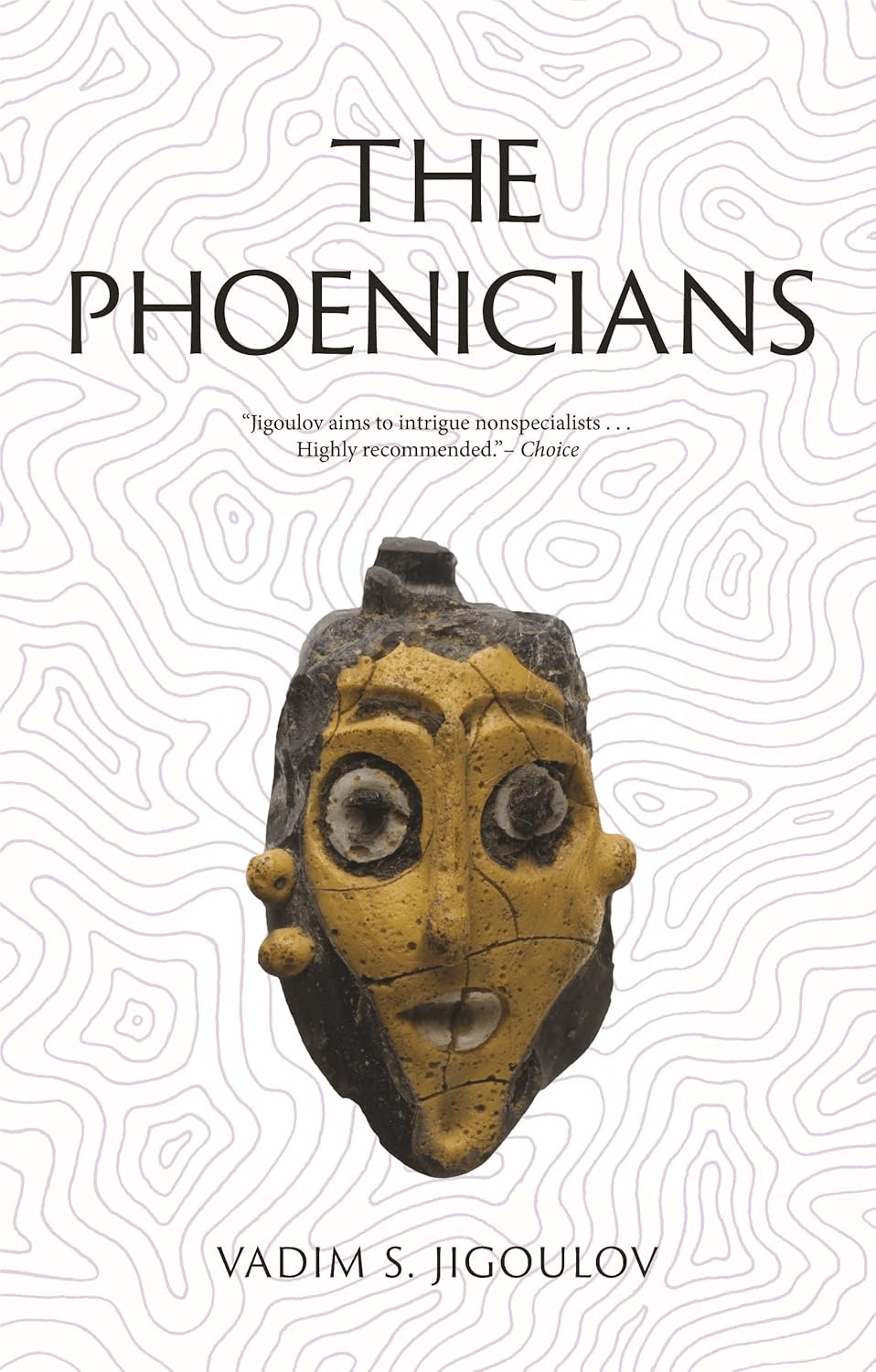
The Light Ages: The Surprising Story of Medieval Science
Tom Verde
Seb Falk
W.W. Norton, 2020.
Finding fresh perspectives on Islam’s contributions to medieval Western science is not easy. Falk, a University of Cambridge science historian, manages to do just that through the eyes of little-known 14th-century English cleric and astrologer John of Westwyk. John’s journey of discovery through sundry monastic libraries exposed him to manuscripts that inspired his own magnum opus, Equatorie [Computer] of the Planetis. Examining the Albion, a famed contemporary English astrolabe, John noted that it featured “attributes of earlier instruments” including those designed by 11th-century Andalusi astronomer al-Zarqali. These and other influences on John’s own scholarship reemphasizes how “respect for ancient learning and study of ancient texts,” especially those of Muslim scholars, were “a key feature of the Middle Ages.”
You may also be interested in...

Old Documents Shed New Light on History in Book Connected to Ancient Islamic World
The painstaking work to recover history—one page at a time—is on brilliant display in this collection of essays focusing on early Arabic, Coptic, Greek, Hebrew, Latin and Sogdian manuscripts.
Discoveries From Phoenician Seafaring City-States Reveal Trade, Not Conquest Bound Mediterranean World
Author Vadim S. Jigoulov’s The Phoenicians reveals that Phoenicia’s seafaring city-states bound the Mediterranean world via trade rather than conquest.